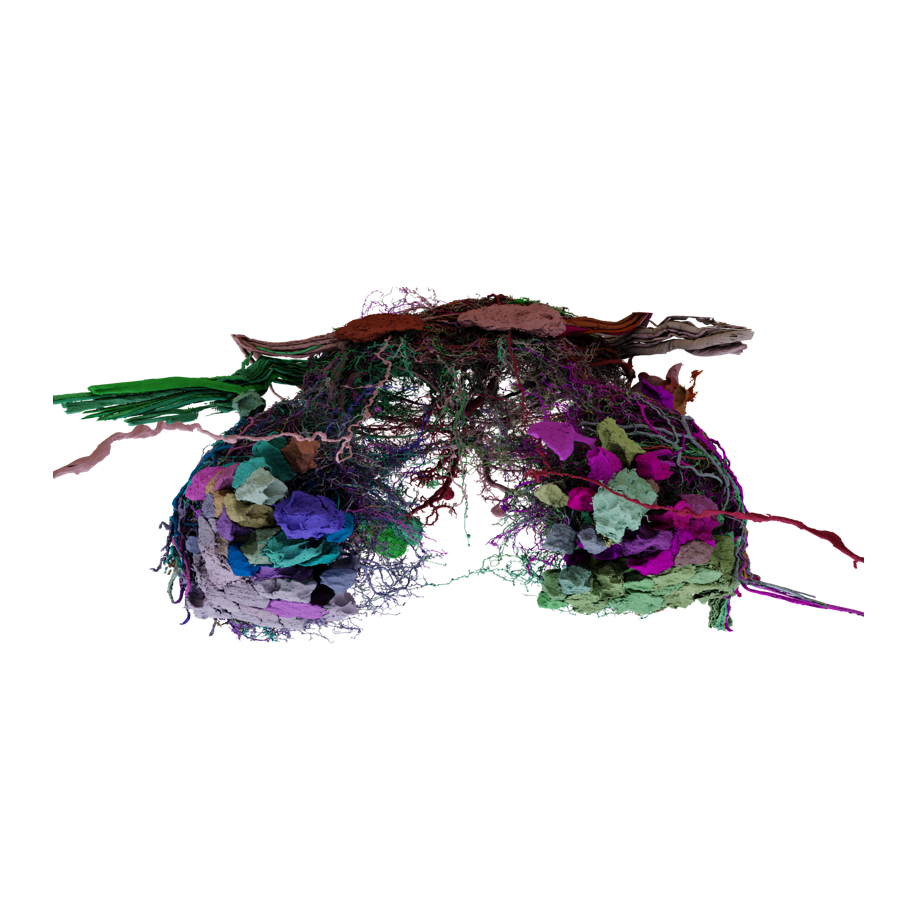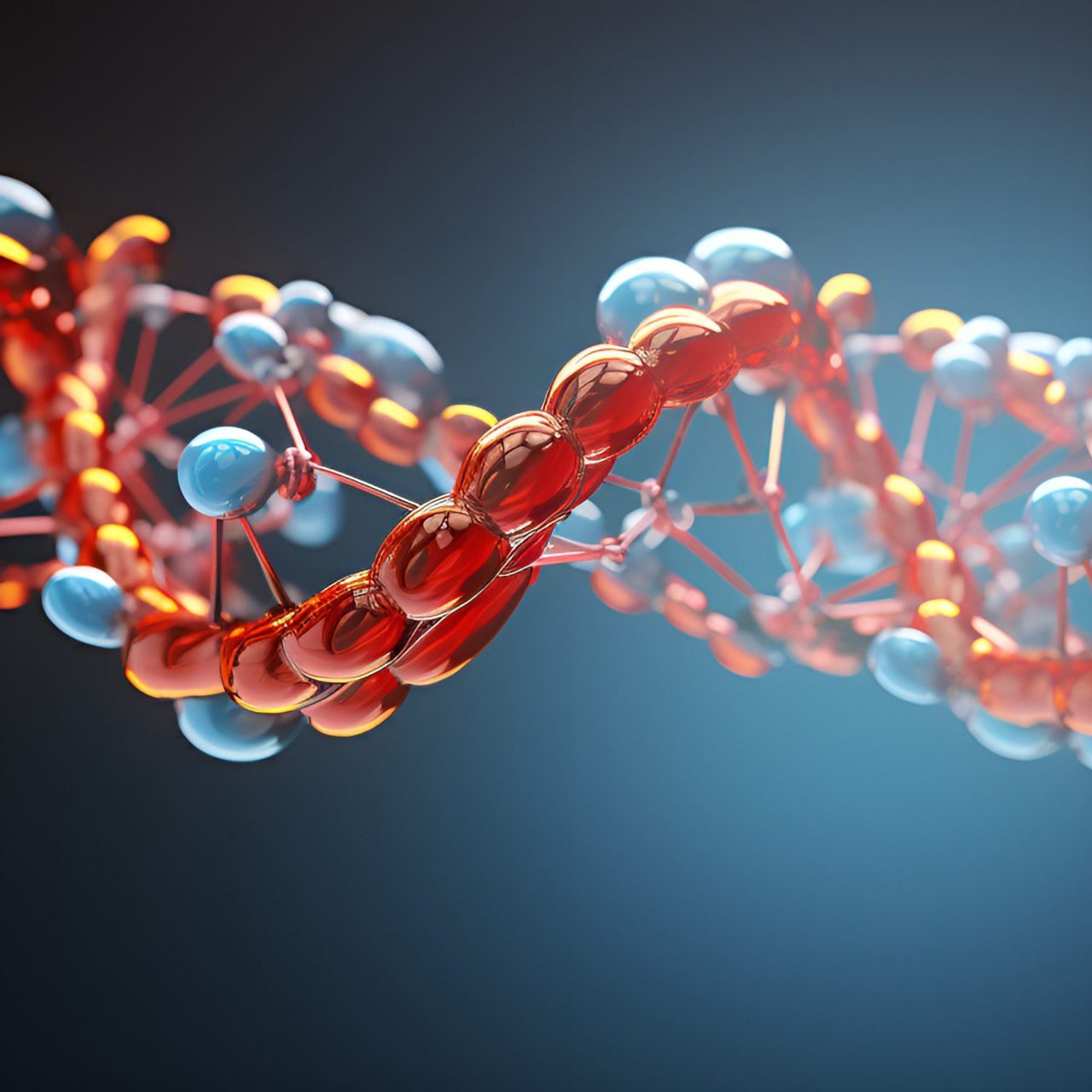Astra Bryant, assistant professor of PBIO, and Anna Gillespie, assistant professor of Biological Structure, appear in the UW Insider this week. University of Washington faculty members Bryant and Gillespie took part in the Faculty Field Tour, which organized a multi-day bus tour for new faculty to explore Washington’s diverse communities and natural wonders. Read more about the tour on the UW Insider website.
PBIO and BSTR junior faculty participate in UW led tour of Washington State









